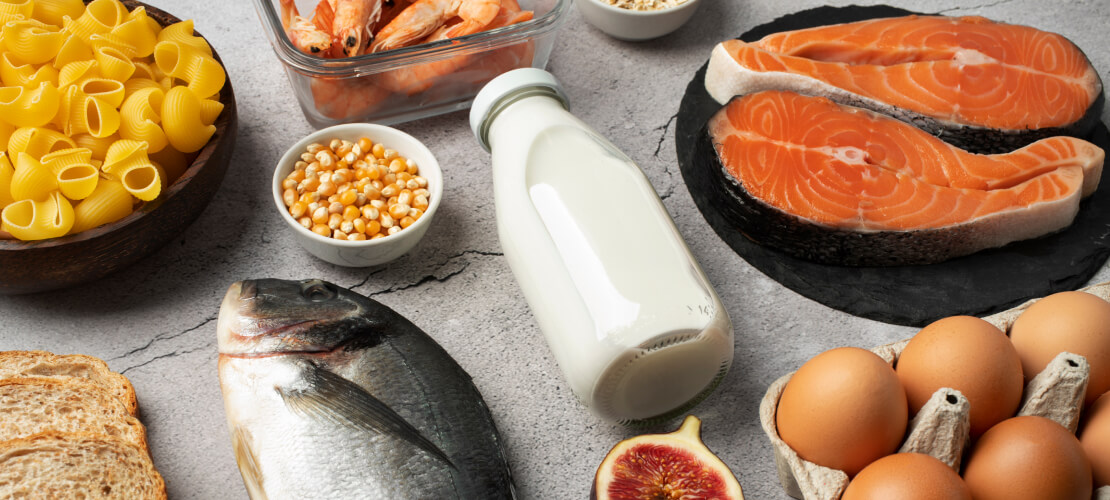Your Bag
- No products in the cart.
100% Genuine Products
Fast delivery
Trusted by 5 Lakh+
Subtotal:
INR 0.00




Table of Contents Why Processed Foods Are a Problem Why Healthy Eating Matters for Kids Start with Education: Teach Kids About Nutrition Swap Processed Snacks






100% Genuine Products
Fast delivery
Trusted by 5 Lakh+